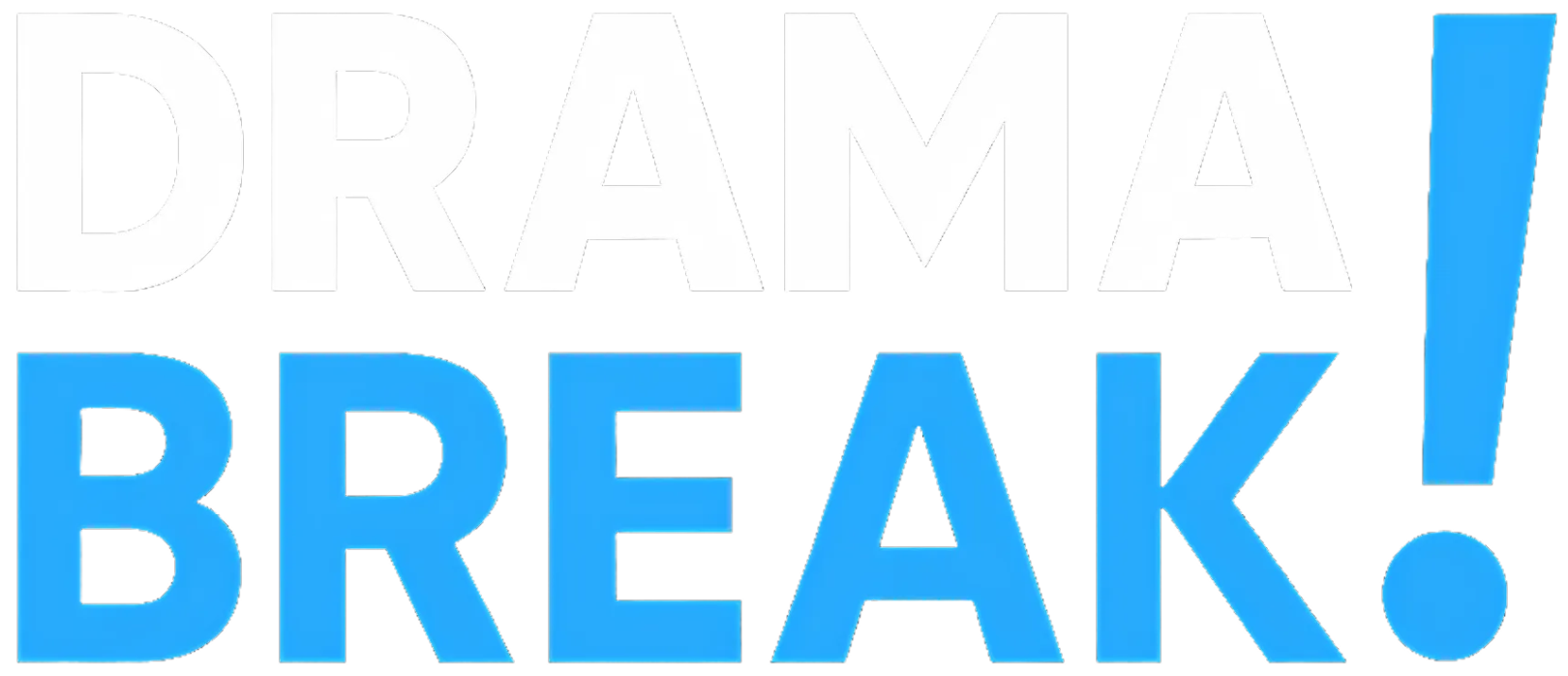For the sixth time in additional than a month, the U.S. Meals and Drug Administration is recalling frozen shrimp merchandise for potential contamination by Cesium-137, a radioactive isotope.
However up to now, there aren’t any indications that the radioactive shrimp has induced any diseases amongst shoppers.
The most recent firm to voluntarily pull probably contaminated sea meals from the cabinets is Seattle-based AquaStar. It’s recalling three forms of shrimp merchandise that have been bought in grocery shops throughout 31 states within the U.S., together with California.
The potential contaminated merchandise bought between June 12 and Sept. 17 embrace:
- Almost 50,000 baggage, every weighing 2 kilos, of Kroger Uncooked Colossal EZ Peel Shrimp.
- Roughly 18,000 baggage, every weighing 2 kilos, of Kroger Mercado Cooked Medium Peeled Tail-Off Shrimp.
- Greater than 17,000 baggage, every weighing 1.25 kilos, of AquaStar Uncooked Peeled Tail-on Shrimp Skewers.
The affected merchandise have been bought on the following grocery shops: Baker’s, Metropolis Market, Dillons, Meals 4 Much less, Meals Co, Fred Meyer, Fry’s Meals Shops, Gerbes, Jay C, King Soopers, Kroger, Mariano’s, Metro Market, Pay Much less Supermarkets, Decide ‘n Save, Ralphs, Smith’s and QFC.
For particular product codes seek the advice of the FDA’s on-line recall discover.
All three merchandise are being pulled from the cabinets as a result of they might have been ready, packed or held in unsanitary circumstances.
Shoppers who bought affected shrimp mustn’t eat it and may both throw it away or return it to the grocery retailer for a full refund, officers suggested.
That is the newest recall in an ongoing investigation of stories of shrimp contaminated by Cesium-137.
The extent of the FDA’s contaminated shrimp investigation
The investigation began on Aug. 19 when U.S. Customs and Border Safety alerted the FDA to the detection of Cesium-137 in a single cargo of imported frozen shrimp from the Indonesia-based firm PT. Bahari Makmur Sejati, which does enterprise beneath the title BMS Meals.
On the time, officers detected the radioactive isotope at 4 ports throughout the nation: Los Angeles, Houston, Miami and Savannah, Ga.
All containers and merchandise that examined optimistic or alerted for Cesium-137 have been denied entry into the nation and haven’t made it to retailer cabinets, in line with FDA officers. The FDA didn’t reply to The Instances’ request to handle whether or not the recalled shrimp merchandise got here from BMS Meals or one other supply.
Nonetheless, since August, three firms had recalled merchandise, together with Southwind Meals of Carson, which had two recall bulletins; Beaver Avenue Fisheries of Florida had one; and Aquastar had a complete of three, together with the newest September recall.
As of Tuesday no diseases have been reported.
Is the frequency of radioactive shrimp remembers regular?
Consultants say it isn’t regular to see frequent remembers particular to Cesium-137 or any potential radioactive contamination.
Small quantities of Cesium-137 could be discovered within the soil, meals and air, in line with the Environmental Safety Company.
It might probably most frequently be present in areas the place contamination got here on account of nuclear accidents or weapons testing, stated Sara Bratager, the Institute of Meals Technologists’ senior meals security and traceability scientist.
The American Nuclear Society famous that, “Cesium-137 is detectable in shrimp originating from the Pacific Ocean attributable to previous nuclear testing and accidents.”
Meals, or some other object, could be contaminated in an surroundings that’s utilizing Cesium-137 or it may be taken up by way of the meals chain, stated Kai Vetter, a radiological specialist with UC Berkeley’s nuclear engineering division.
“On this case, it’s potential that Cesium-137 meals irradiators have been used within the processing services that are getting used to sterilize meals and devices,” Vetter stated. However the FDA has beforehand said meals irradiators don’t make meals radioactive.
One other potential contamination state of affairs is, “the shrimp may have ingested Cesium-137 through different contaminated meals from different sources,” Vetter stated.
Meals specialists say the rising variety of shrimp remembers signifies that the FDA meals security inspection program is doing its job.
In line with FDA, testing as of Aug. 19 “has not confirmed the presence of contamination of any product in commerce,” demonstrating that the meals security inspection is working as supposed, Bratager stated.

